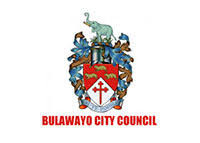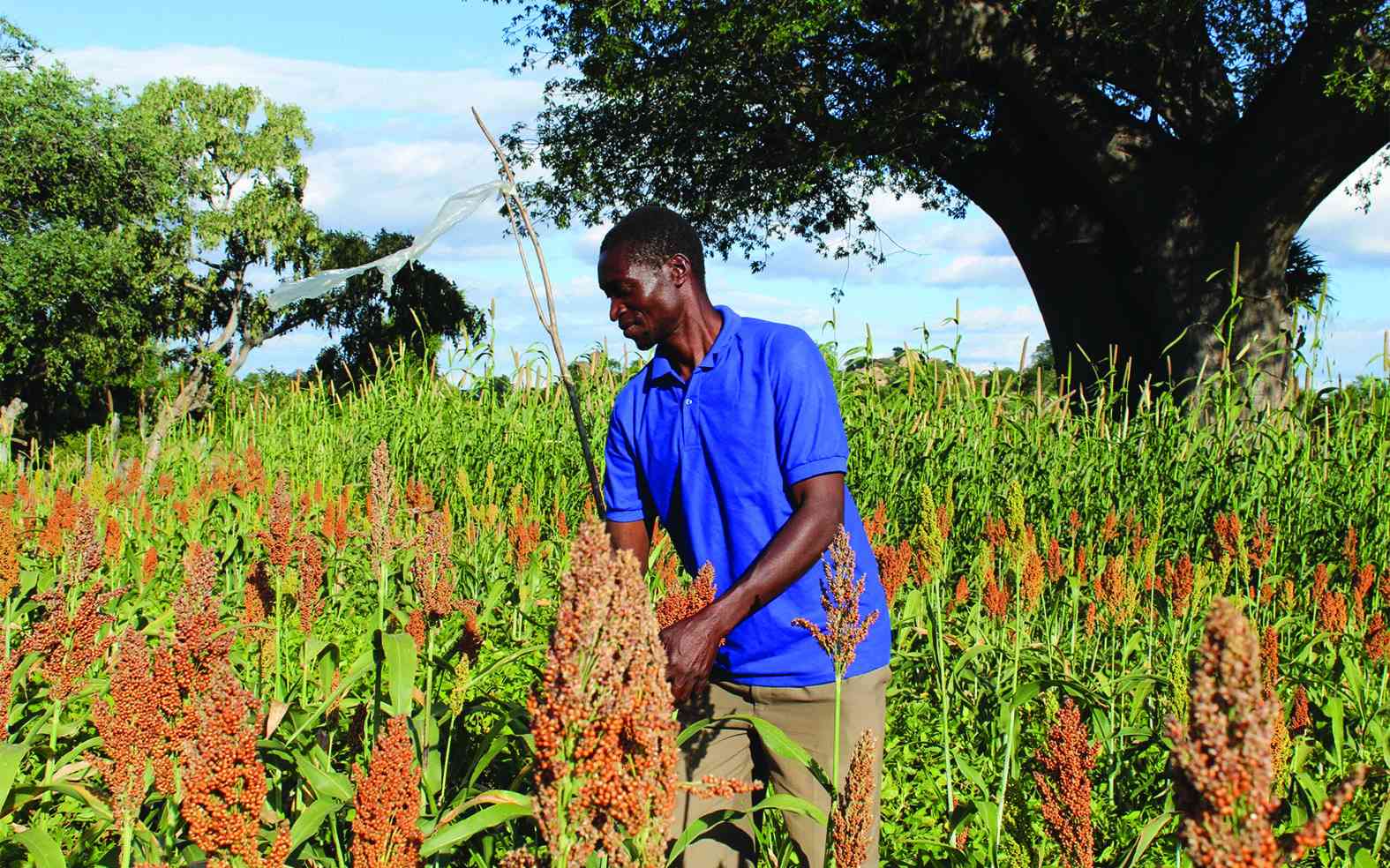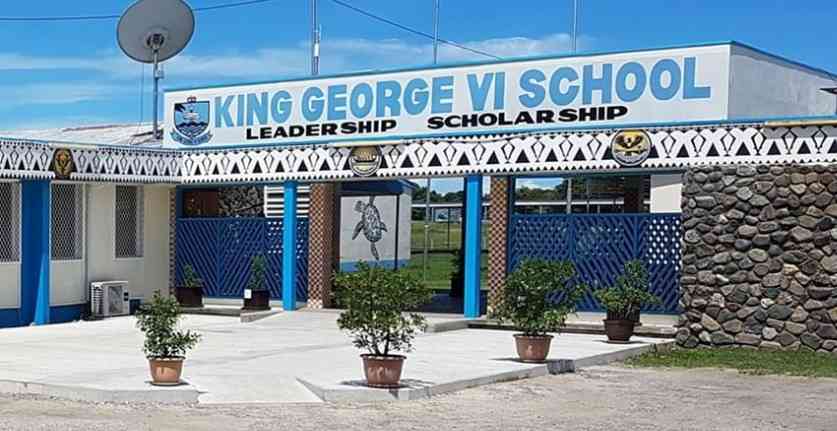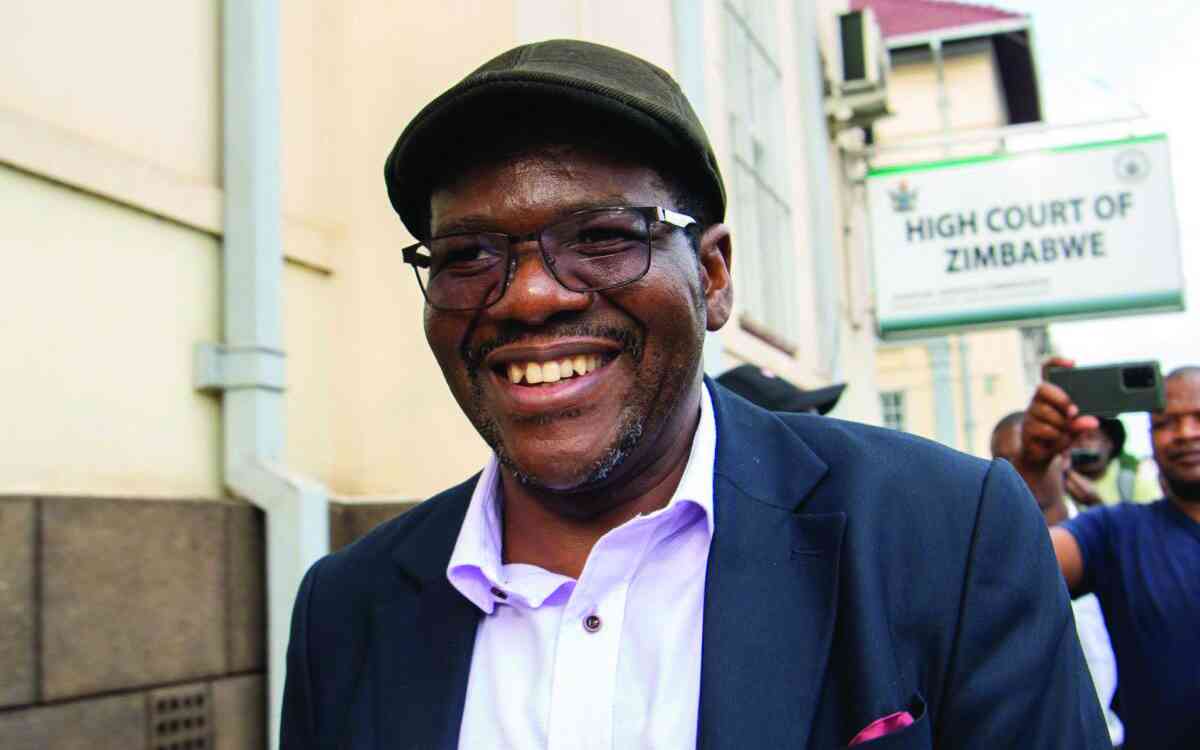
BULAWAYO City Council (BCC) councillors have bemoaned a critical shortage of ambulances in the city arguing that the challenge hampers health delivery service.
According to the minutes of a recent full council meeting, Bulawayo deputy mayor Edwin Ndlovu raised the issue, adding that the councillors had, however, applauded the city’s fire brigade for its efficient coverage of the urban centre and its environs.
The councillors noted that the city’s fire brigade had effectively responded to calls outside the city’s boundaries.
“The fire brigade’s equipment is one of the best in the country. Some of the equipment was obtained through partnerships with non-governmental organisations like Operation Florian,” the minutes read.
The councillors urged other departments to emulate the fire services department on how to partner non-governmental organisations.
They said the fire brigade had extended its hand to surrounding rural district councils offering fire- fighting and rescue training to the local authorities.
“Again the fire brigade’s fire prevention teams responded well to various invitations in the wards to offer lectures on fire and disaster response management,” the minutes read.
“As the dry season approaches, more fire campaigns should be done to prevent veld fire outbreaks.”
- Uproar over census figures
- Byo Arts Festival in turmoil…One year later, festival has yet to pay artists…Organisers play cat and mouse with artists
- Bulawayo struggles to clear housing backlog
- Council acts tough on debts
Keep Reading
Councillor Adrian Moyo said the fire brigade’s quick response to a veld fire in Sauerstown prevented a disaster that could have burnt an electricity substation last week.
“In the last rainy season 2024/25, the fire brigade together with other stakeholders provided temporary shelter and goods to families that had been affected by strong winds that blew off house roofs.”
He emphasised the need for more fire prevention campaigns, according to the minutes.
The councillors appreciated all the new and previous donations made by Operation Florian to the fire brigade.
“The fire section is now well-equipped. The section has also managed to resuscitate four ambulances which will be used for training purposes,” the minutes read.
The councillors called on council administration to use the method used to acquire fire tenders by Operation Florian to procure ambulances, adding that the shortage was critical.
“All ambulance calls are delayed by more than an hour. The international ambulance response time is six minutes,” they said.
“Some injuries in a road traffic accident require specially-trained personnel and equipment to transport the injured to hospital or medical centre. The city needs more ambulances,” the minutes read.
“The deputy mayor Edwin Ndlovu bemoaned the critical shortage of ambulances in the city. Ambulance procurement is mainly affected by procurement procedures.
He said most ambulance suppliers did not respond to tender advertisements. He urged council to seek ambulance donations.
Meanwhile, chamber secretary Sikhangele Zhou said the city’s fire and ambulance services department was instructed to conduct training for six rural district councils in the southern region.
She said council used US$14 076, as gazetted by the tariffs committee.
“However, the following correspondence dated (July 16, 2025) was received from the secretary for Local Government and Public Works Dr John Basera, requesting that training fees for fire fighters from other local authorities be reduced to US$15 per person per day,” the minutes read.
“In response to increasing incidents of road traffic accidents and fire outbreaks, the government using devolution funds procured 131 fire- fighting trucks earmarked for all local authorities. This was done under the diplomatic relations between the Republic of Zimbabwe and the Republic of Belarus.
“Government realising the need, designated Harare City and Bulawayo City fire brigades as the mandated training entities for other local authorities.”
The council indicated that the financial department provided the training costs per fire fighter, excluding other costs which were considered by the tariff committee.
“Given that the rural district councils are covering various costs and the requested fee of US$15 per person per day is near recovery cost (excluding profit), it is reasonable for the city council to consider the ministry’s request,” the minutes read.
“It was, therefore, resolved that the training fees for fire fighters from other local authorities be charged as per the request of the Ministry of Local Government and Public Works.”









